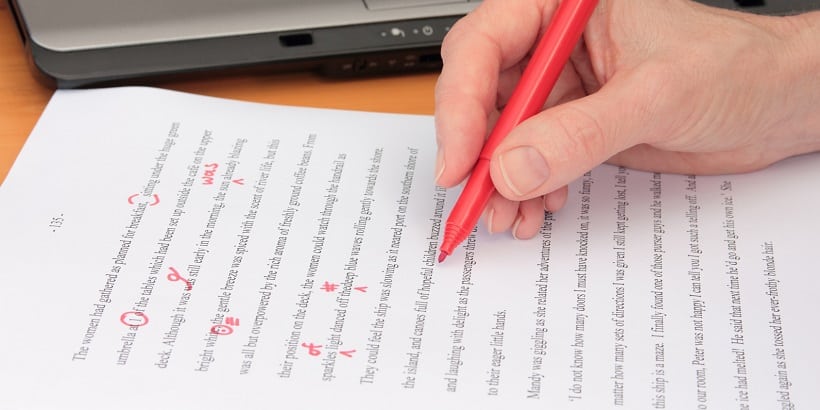The best cover letters are the ones that are personalised and clearly highlight why you would be a good addition to a company. A bad cover letter is one that’s simply copied & pasted from the last application.
A lazy copy and paste can be tempting but cutting this corner could significantly reduce your chances of success. It’s a candidate’s job market at the moment but that doesn’t mean that employers will hire someone who hasn’t put effort into their application.
If you really want the job you’re applying for, here are some things to avoid to make sure you write the best cover letter you can.
1. Starting your cover letter generically
This is a small detail, but important. Starting a cover letter with the correct name will leave a much better impression than the generic “To whom it may concern” or the traditional “Dear Sirs”. If at all possible, use the person’s name.
If you’re unsure who the hiring manager is often a quick Google search is enough to find out. Using the persons name is more personal and will start your cover letter off on the right foot.
2. Rewording Your CV
Rewording what is already in your CV is a complete waste of time for both you & the person reading the application. That doesn’t mean you have to avoid talking about anything in your CV, but a cover letter is your opportunity to convince a company that you’re a good fit for the role on offer, not to go over your work history again.
3. Including the Wrong Information
While every cover letter should be unique, the talking points you should be hitting will largely be the same. You should open the letter by stating clearly which job you are applying for.
You should then briefly explain who you are and touch on your relevant experience e.g. “I have 6 years’ experience in Data Analytics”, not “I spent 2 years working in Microsoft, during which time…” This part of the cover letter is just a brief overview to gauge your level of experience. If they want specifics, they know where to look.
Next, explain why you would be a good addition to their company. For this, you should have the ad open beside you, and make sure you touch on as many of the skills and experience they mention as possible. Using examples of successful projects you handled in the past to highlight these skills will make for a more personal, interesting, and persuasive cover letter.
4. Using Weak Vocabulary
Phrases like “I feel” or “I believe” are rampant in CVs across the world, despite the fact that they provide no real benefit. To some, these phrases will make you sound like someone who is unsure of their abilities. Others may find it irrelevant because so many of the applicants “feel” that they’d be perfect.
Words and phrases like these should be edited out of your cover letter and replaced with more confident words and evidence of your abilities. Don’t explain why you think you are a good fit, explain why you are a good fit.
There are a million mistakes you can make when you’re applying for a job, but the good news is that most of them are easily avoidable. With that in mind, if a job application comes in with mistakes that should have been caught, you’re highly unlikely to get a follow-up.
While writing cover letters can be an exhausting and even tedious process, it is important to take a few extra minutes to tailor and proofread your application. This will help you avoid the obvious mistakes and greatly improve your chances of securing an interview.
